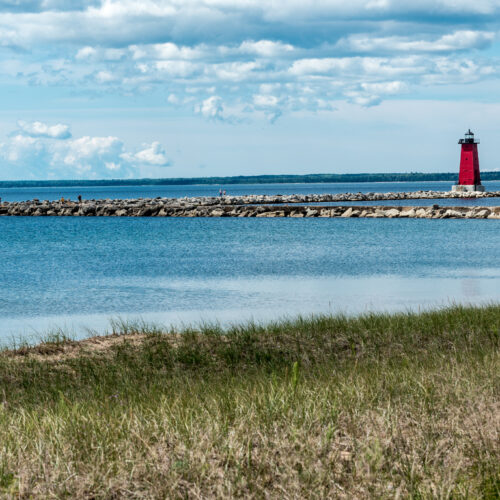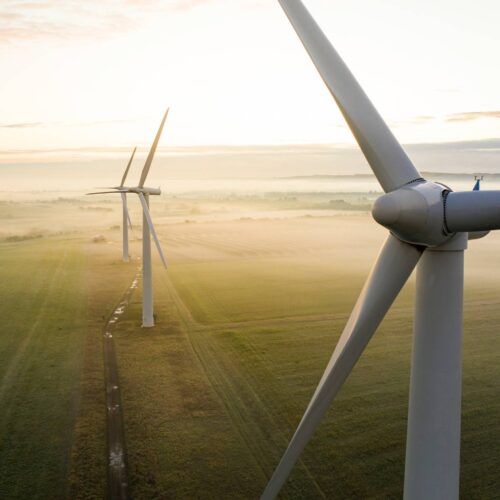A Strategy for Accelerating Energy Transition Investment in the Great Lakes
Accelerating Clean Regional Economies: A Great Lakes Investment Strategy
RMI’s Accelerating Clean Regional Economies (ACRE) initiative works with economic development organizations, policymakers, business, labor, and community stakeholders to help plan and support regional green growth investment strategies and the policy frameworks needed to accelerate them.
ACRE’s focus has been on the Great Lakes region, a manufacturing powerhouse that is home to tens of millions and, as such, is pivotal to US politics.
The ACRE team has worked alongside local leaders to develop a range of resources designed to accelerate clean energy investments throughout the region.
The following report is a summary of ACRE’s research into the dynamics of clean energy-based economic development across the Great Lakes region. This research is designed to help stakeholders identify priority actions to improve industry competitiveness, overcome investment constraints, and find opportunities for regional cooperation.
In this effort, RMI has collaborated with the Brookings Workforce of the Future Initiative, OCO Global, C2ES, as well as David Hart and Chad Smith at George Mason University. These reports have been made possible by the generous support of JP Morgan Chase and Bloomberg Philanthropies.
Sector Deep Dives
RMI’s sector-based experts have also engaged in regionally specific techno-economic analysis of three priority industries for the Great Lakes: the electric vehicle (EV) battery supply chain, sustainable aviation fuels, and near-zero Emissions Steel.
These deep-dive reports provide an overview of these emerging technologies and the trends that are reshaping their industries. For more:
Report
Report
Report
Related Resources
RMI has also worked with the Brookings ‘Workforce of the Future’ initiative to use the tools and insights of economic complexity to better understand the economic and workforce composition of the energy transition, and the feasibility of transitioning into emerging sectors for metro areas across the Great Lakes.
The Brookings team has helped to develop a unique data tool for understanding the complexity, feasibility, and workforce dynamics of the energy transition.
Using this tool, every metro in the Great Lakes region can find the clean energy industries where it is most feasible for them to transition based on their existing economic makeup and industrial capacities.
Further, by identifying priority industries, each metro can then use this tool to identify workforce occupations where there are likely to be skills shortages in their region and begin creating workforce development strategies to overcome these potential constraints. Access the tool below.
ACRE has contracted the economic consultancy, OCO Global, to engage in a preliminary assessment of the Great Lakes region’s attractiveness as a destination for investment, particularly from overseas. The report identifies major opportunities in the region, key factors underlying investment decisions, and early strategies for bolstering the region’s attractiveness into the future. Explore this research:
Great Lakes Investment Strategy




